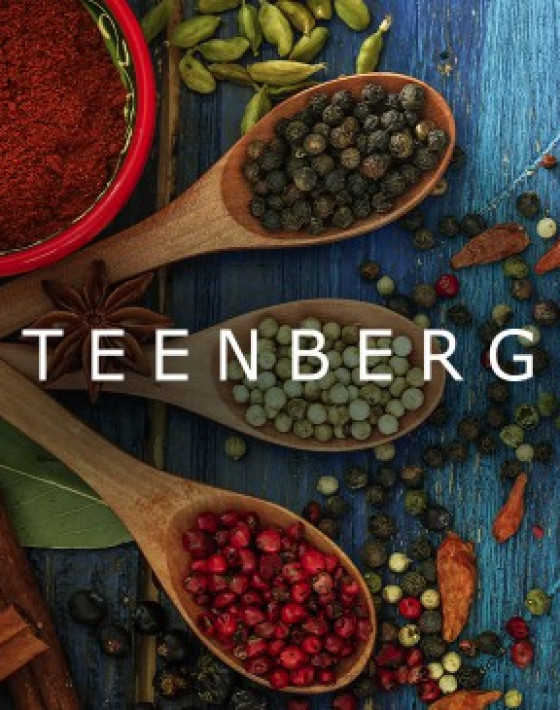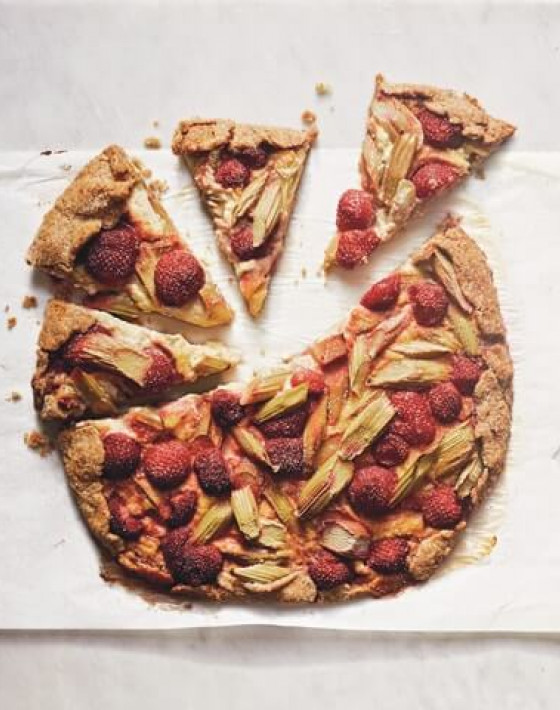Organic Madagascan Vanilla pod In Clear Glass - Steenbergs details and description
Steenbergs Organic Vanilla is everything organic vanilla should be - full of flavour and aroma, tender and delicious. High quality organic vanilla pods are deep brown or black, long and narrow and somewhat wrinkled, moist, waxy, supple and immediately fragrant, with longitudinal ridges and indentations. The best organic vanilla pods may have a light, white frosting, called givre, of vanillin crystals; so don’t worry about this on your pods, it is a sign of quality and is not fungal growth. For more information about vanilla at Steenbergs see our blog.
Vanilla is the seed pod of a Mexican orchid and Steenbergs "core" organic vanilla comes from Madagascar. After picking, vanilla goes through a post-harvesting process of fermentation. During this process, the organic vanilla pods develop a rich, mellow, intensely perfumed aroma with hints of liquorice or tobacco matched by a delicate, fruity or creamy flavour. Steenbergs organic vanilla may also have hints of raisin or prune or smoky, spicy notes. The flavours and aroma of organic vanilla pods come from vanillin as the major flavour component as well as over 250 additional trace flavour components. It is these subtle variations in relative amounts of aromatic aldehydes, esters, oils, organic acids and resins as well as the vanillin that creates the individuality of organic vanilla pods. No scientist can duplicate the individuality of vanilla.
Vanilla comes from several species of orchid, including predominantly Vanilla planifolia which is the plant for Steenbergs Bourbon vanilla. Vanilla planifolia is a tropical climbing orchid that has succulent 1-2cm (0.33-0.75cm) diameter stems and reaches 10-15m in length/height (30-50ft) by climging to host trees with long aerial roots when in the wild. In farmed situations, vanilla is grown along frames. Vanilla has large, flat tear-shaped leaves ranging from 8-25cm long (3-10 inches) and getting 2-8cm in width (0.75-3 inches). Vanilla planifolia bears a slightly fragrant, pale greenish flower that is yellow-lipped and averages around 8-10cm in diameter (4-10 inches). The bean like capsules that form after flowering are cylindrical and slightly curved, reaching 10-25cm in length (4-10 inches). Photos of vanilla vines growing can be found at: vanilla flower, vanilla beans and vanilla leaves.
The post-harvest processing is labour intensive and takes a long time. The tasteless green beans are laid in boxes and put into a boiling water or a wood-fired kiln to start the curing and drying process, during which the many volatile oils develop via natural enzymatic processes. After an initial boiling or about 24 hours in the kiln, the vanilla beans are spread out into the sun to absorb the heat, then at the end of the day, they are wrapped in blankets or straw mats and laid out to sweat on multi-tiered racks in a large shed or in the eaves of a family's house. The vanilla beans are processed like this each day for several weeks until the beans develop a deep brown colouration. Then the vanilla beans enter a 3 month conditioning period. Every few days, the vanilla beans are massaged either in a circular (for Madagascan vanilla) or lengthways mode (for Indian vanilla) to create a more flexible pods. As for saffron, the yields are relatively small with 5kg (11lb) of fresh green beans yielding about 1kg (2.2lb) of cured vanilla after 9 months of processing. For a photographic journey of the life of vanilla, see our blog and for more on vanilla visit Gernot Katzers Spice pages.
Vanilla is a sweet and pungent spice that has a particular affinity for dairy and milk dishes, but can also be used within poultry and pork seasonings very successfully, particularly where a sweet, sugar-based glaze is being used. Vanilla beans are classically used to flavour custards and ice creams, or poached fruits. More unusually, it works really well with chicken or pork dishes. For further inspiration, try the BBC website.
Steenbergs organic vanilla is part of the Steenbergs UK range of over 400 organic spices, blends and seasonings, organic peppers, organic chilli, organic herbs, bakery ingredients and flavoured sugars. For your local stockist follow the link or call 01765 640 088 or email enquiries@steenbergs.co.uk.
Spice - season - savour - sustainably with Steenbergs.






